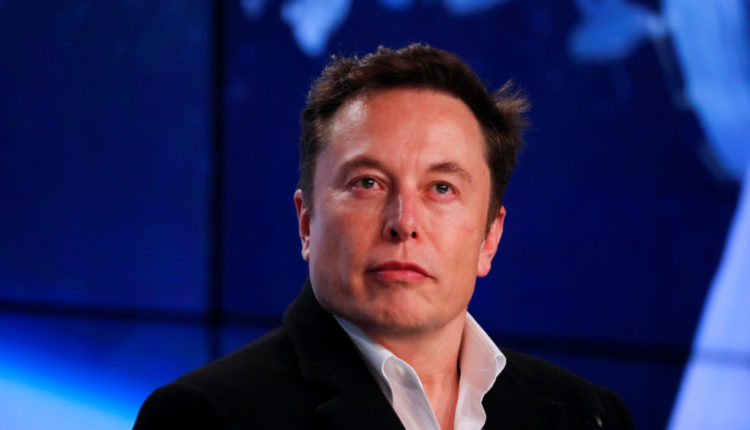
‘Elon Musk’s Twitter Takeover’ marks a chaotic year since the billionaire made X his spot
The chaos that has surrounded Elon Musk’s acquisition of Twitter has been well documented, and indeed, has unfolded in plain sight to anyone who has visited the site since he completed the deal almost a year ago. Yet rather than 140-character bursts, Frontline provides a longform examination with “Elon Musk’s Twitter Takeover,” an evenhanded account of the impetuous billionaire’s misguided foray into another business frontier.
Director James Jacoby speaks to a range of voices around Musk without access to the man himself, among them journalists like Kara Swisher, biographer Walter Isaacson and former Twitter employees, such as Yoel Roth, who discovered firsthand what being singled out by Musk to his massive social-media following can unleash.
What really comes through, though, is Musk’s “impatience and impulsiveness,” as Isaacson puts it, which explains how he went from the idea of assuming a Twitter board seat to buying the company, before trying to back out of the agreement and then going ahead with it. In the process, he has expanded his involvement and influence into politics, while appearing to undermine Twitter’s usefulness as a reliable mass-communications tool through a series of seat-of-the-pants decisions.
Swisher, a one-time admirer turned critic, suggests Musk’s primary misconception is one common among the billionaire class – namely, that his acumen in other disciplines would translate directly to media, like a pro basketball player thinking he or she can instantly achieve stardom in another sport.
If Twitter, now X, implodes because of that faulty assumption, the implications go beyond just the company, raising questions about the spread of disinformation and the role Twitter has played as an news source during emergencies and crises.
As the documentary points out, Musk’s stated belief in free-speech absolutism also hasn’t been consistently reflected in his stewardship of the platform, opening him to charges of hypocrisy for banning accounts that personally offend him, like the one that tracked the whereabouts of his private jet.
Isaacson, who has drawn some criticism for his Musk biography, engages in pop psychology by discussing how the mogul was bullied as a kid and still finds motivation in that. He’s on firmer ground when he talks about how Musk welcomes conflict and new challenges, saying, “When things are calm, he seeks out storms.”
Musk’s ownership of Twitter has clearly created a tempest, while giving him control over its powerful megaphone at a perilous time both in US politics and around the world. While Musk might sit in the eye of that storm, “Elon Musk’s Twitter Takeover” makes a compelling case that the potential damage from those winds and waves extends far beyond him.
Frontline’s “Elon Musk’s Twitter Takeover” premieres October 10 at 9 p.m. ET on PBS.


